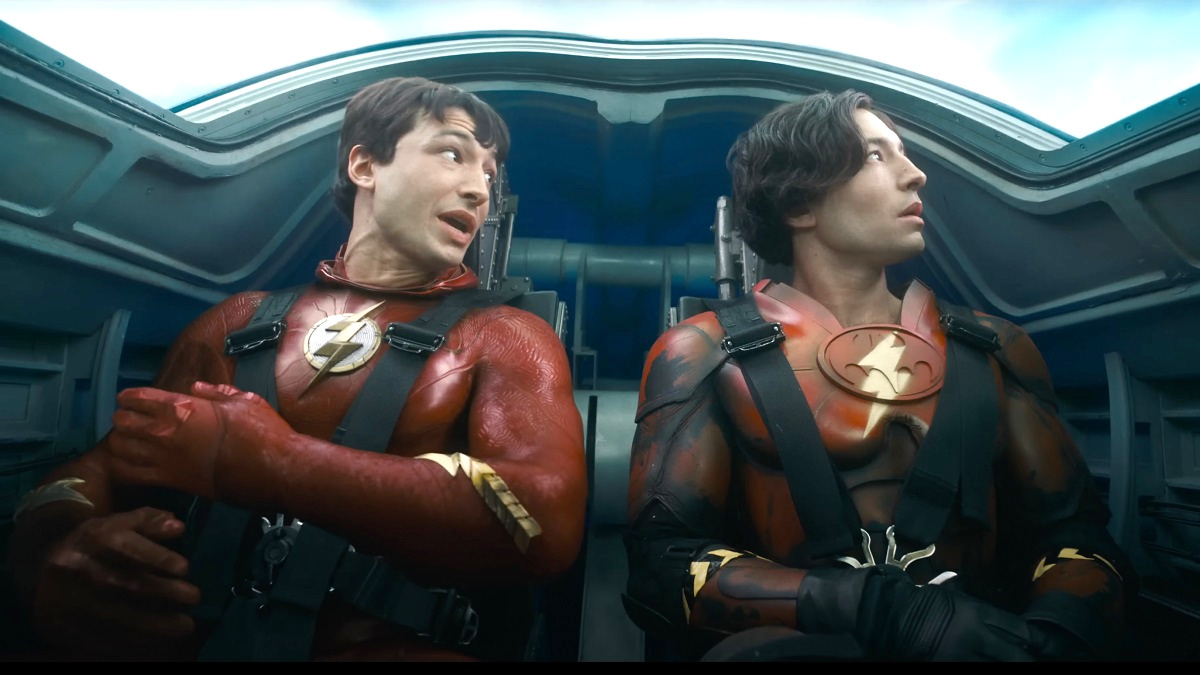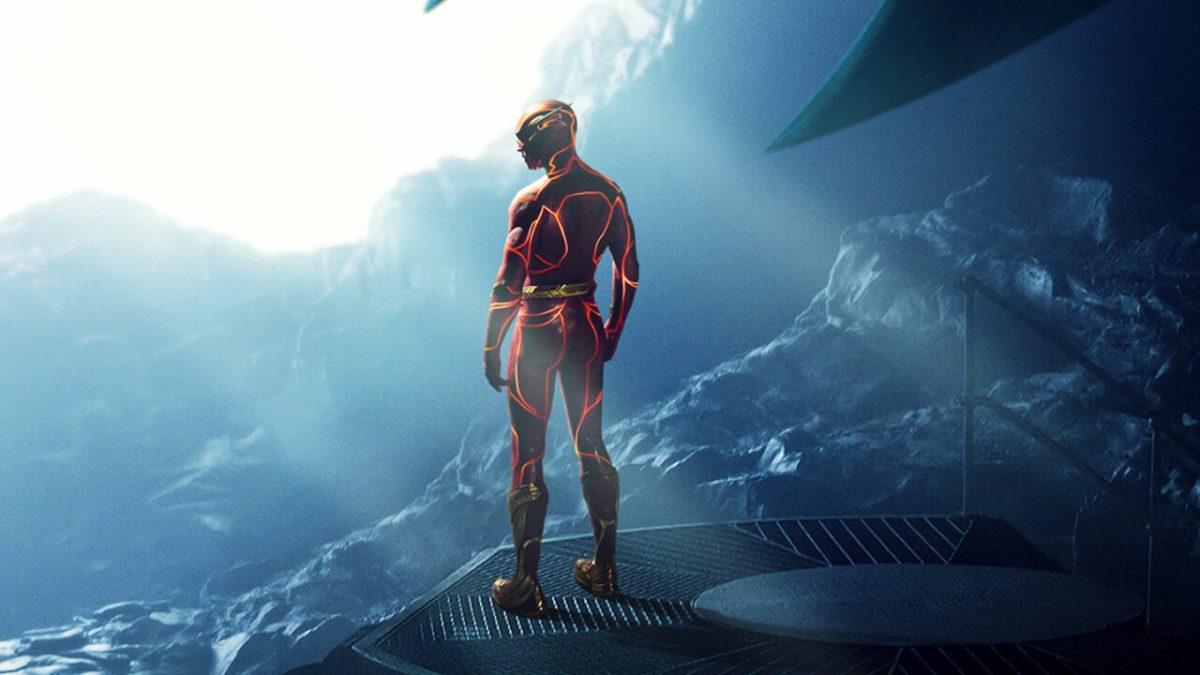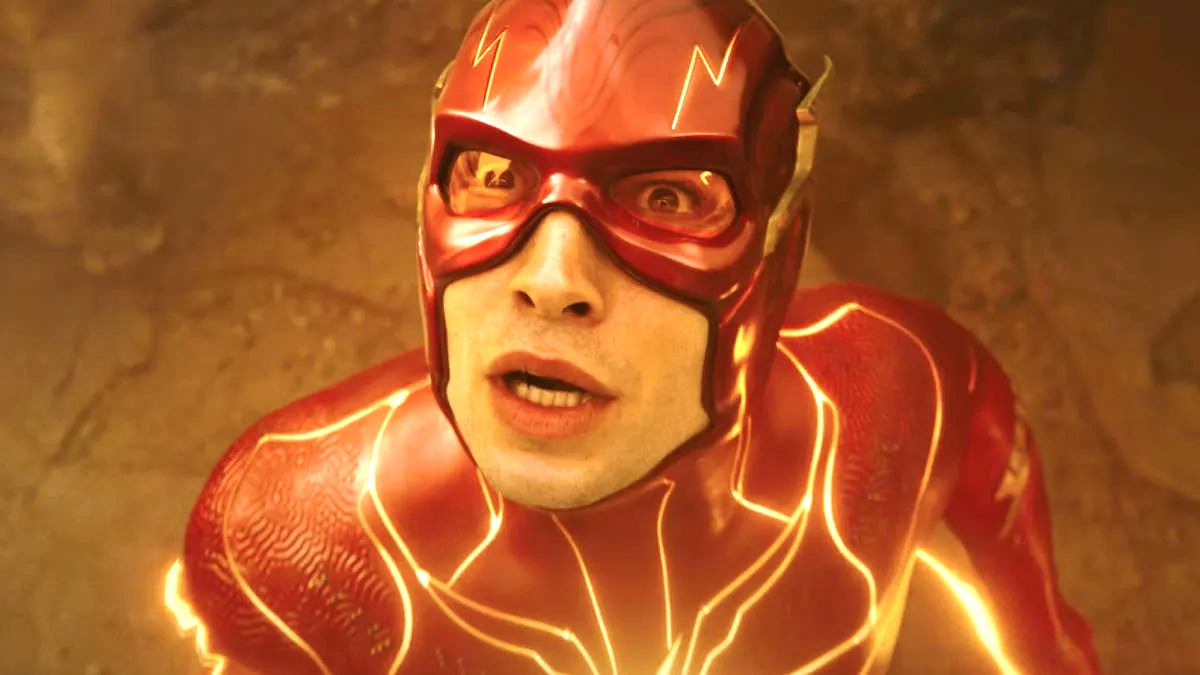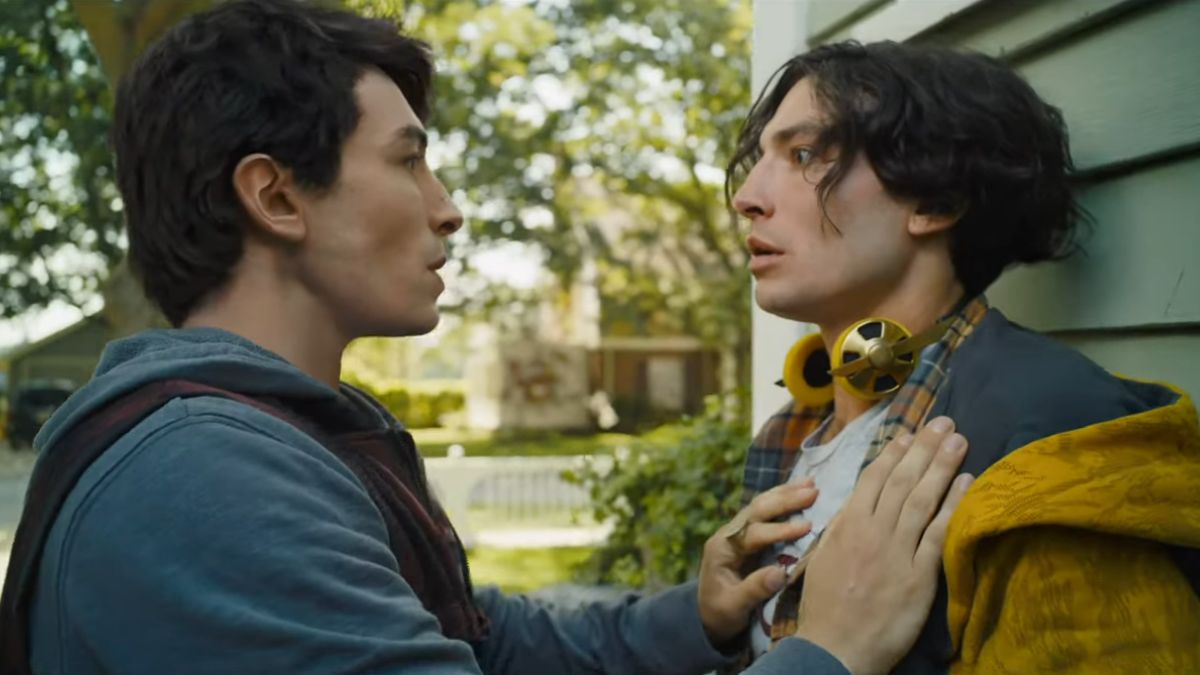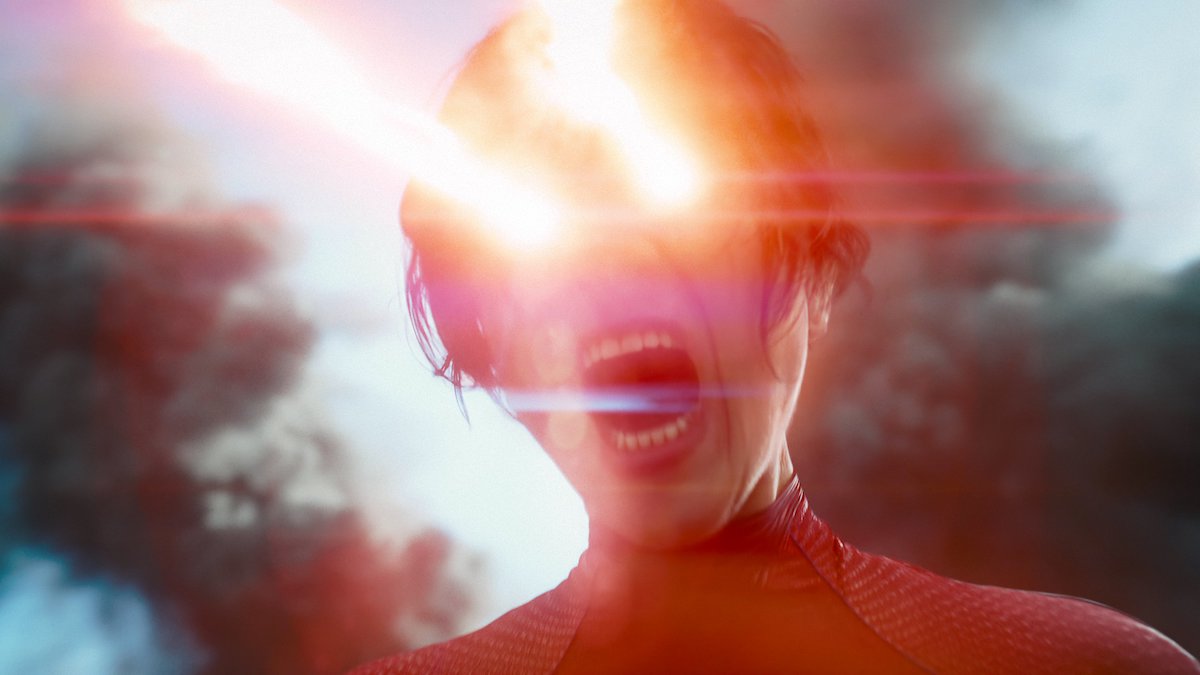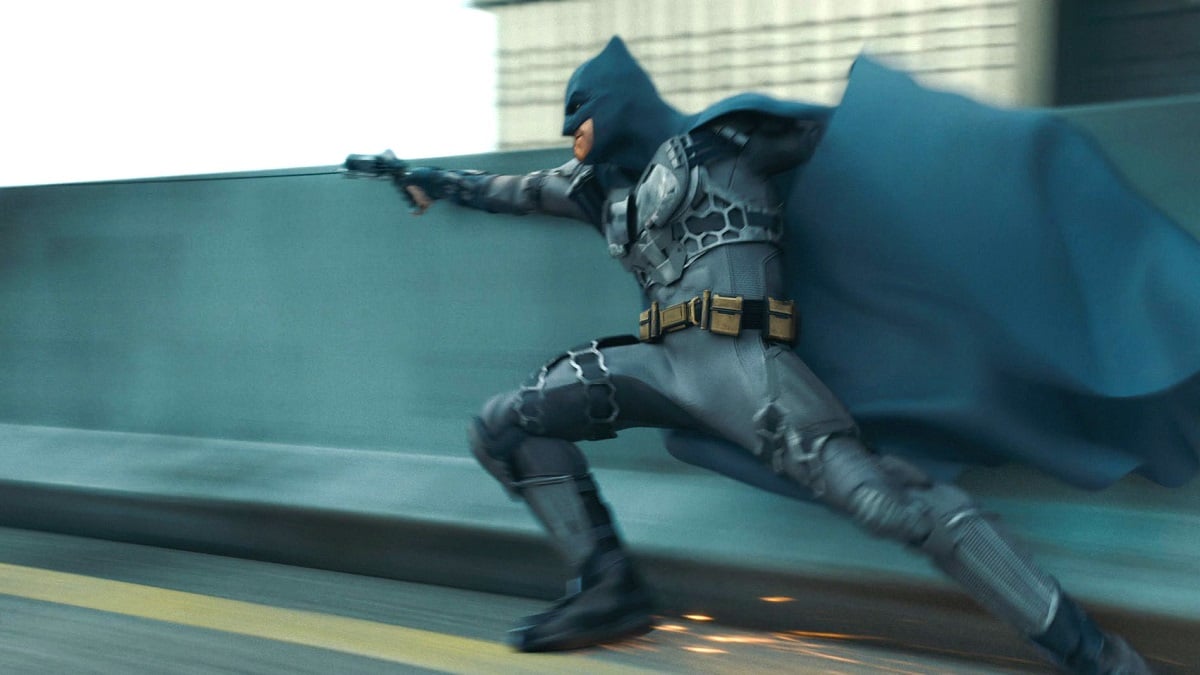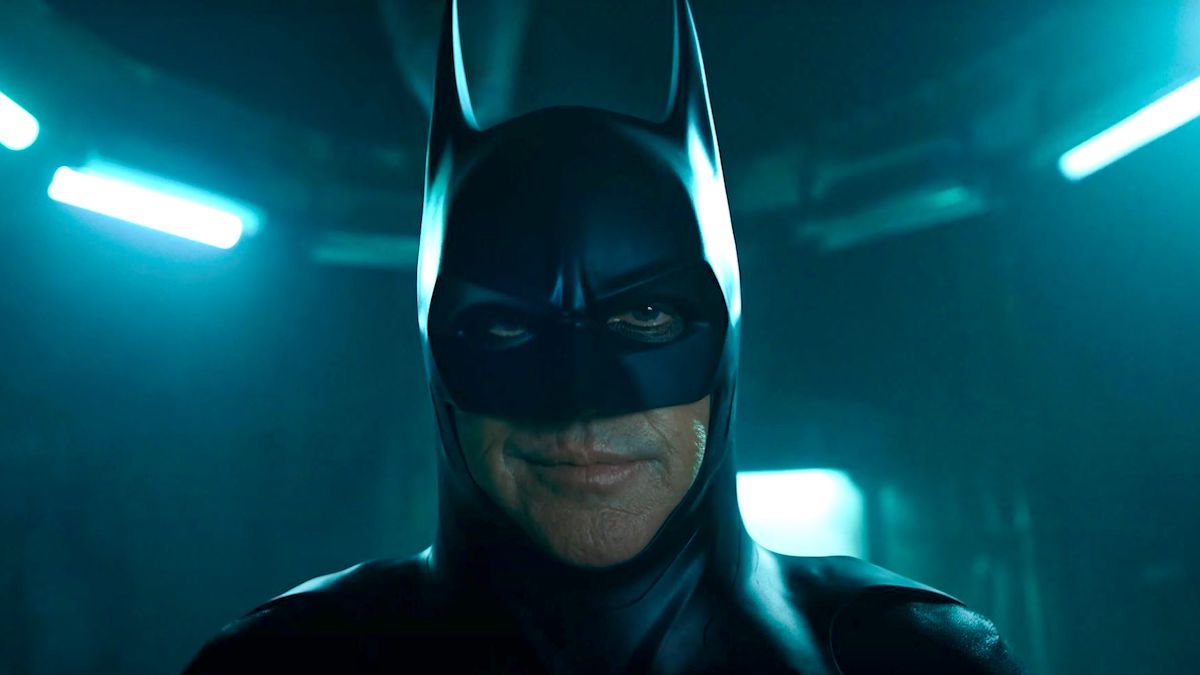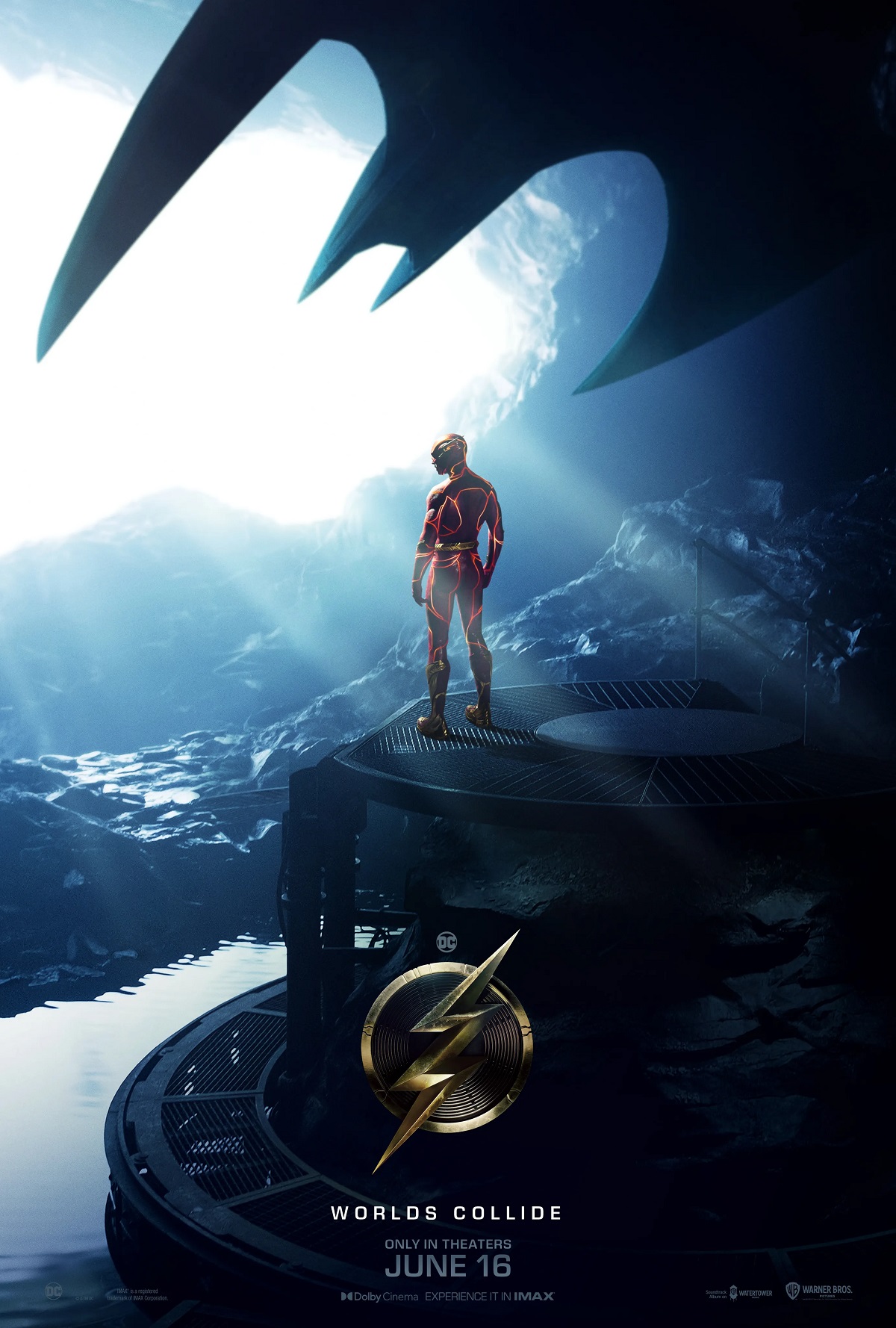When Hollywood finds a winning formula, it has trouble letting go. We may never really learn what goes on inside those big studio meetings and the dreaded focus groups, but it’s obvious to anyone following the industry closely that the motion picture’s latest obsession is the theory of the multiverse and all the juicy cameo possibilities, fan-service options, and nostalgic callback moments it creates for writers to lean on, conveniently masking the utterly lackluster, predictable, and unoriginal story that often ends up undercutting an otherwise intriguing premise.
While that might initially sound like a critique of the industry — or rather, its current trajectory — it’s also the perfect abridged outline for The Flash and everything it fails to accomplish with an ambitious runtime of 144 minutes. When you sit in front of that big silver screen to watch Ezra Miller’s solo outing as the Scarlet Speedster, it’s not the notoriously terrible CGI that puts you off, nor is it the actor’s questionable conduct in real life. The Flash suffers from the same thing that many superhero films currently struggle with: the frustrating realization that you’ve probably seen all of this play out a dozen times already, and not in years long past.
Superhero cinema might be inundated at the moment (and despite what James Gunn claims, there is such a thing as genre fatigue), but even within that framework, shamelessly recycling the trendiest tropes can only spell disaster.
Look at all the recent movies that incorporated the concept of the multiverse into their story. Even projects that don’t necessarily fall under the “superhero” umbrella can’t help but follow the curve of the trend. Everything Everywhere All at Once is the perfect example of taking this to the extreme, though for most people, that confounding mixture of rapidly changing frames deigning to call itself a film was an enjoyable ride, if a little over-the-top at times.
It’s strange to walk out of a theater having just watched Across the Spider-Verse only to return to it a few days later for The Flash, which basically deals with the same concept of interconnected alternate realities. And that’s barring all the other stories in recent memory like Avengers: Endgame and Doctor Strange in the Multiverse of Madness that involved the “parallel worlds” concept to one degree or another.
Now, with the latest DCEU flick bombing disastrously at the box office despite boasting most of your favorite SnyderVerse characters and numerous other classic legends besides, the industry is asking a very crucial question: Does Hollywood have a multiverse problem, and is The Flash the straw that finally broke the camel’s back?
In fairness, you can’t really tell a Flash origin story without resorting to time travel and other similar sci-fi shenanigans. Barry Allan is connected to the Speed Force, and the Speed Force is connected to time and alternate realities. But coming on the heels of so many projects before it, The Flash does unintentionally come off as a rehash, seemingly doing all those things just to be relatable and snappy as an event two-hour blockbuster.
We’d even argue that The Flash television series on The CW does a much better job of establishing the Star City speedster in those first few episodes. In fact, let’s be a little more ambitious and propose a different creative approach to the new solo outing, that it might have made for a more compelling story if the movie also featured the same dynamic between a mentor figure like Dr. Harrison Wells and Barry Allan’s up-and-coming hero.
The Flash is in no shortage of compelling villains — many of them speedsters in their own right — but Andrés Muschietti’s film opted to use other factors like nostalgic cameos to take care of that wow factor. Though if the idea was to use Michael Keaton and Supergirl’s inclusion (not to mention other members of the Justice League) as a means to rope people in, then the film failing to generate enough box-office buzz should also be another indication that people have grown weary of all these cameo-riddled, reference-infested callbacks to an earlier time.
The irony of The Flash starring Michael Keaton after he appeared in Alejandro Iñárritu’s Birdman isn’t lost to us. In that movie, Keaton portrayed a retired actor who made it in the big league by playing an iconic superhero in the early ‘90s. He misses the fame and the attention but comes to learn that he will never reach those heights again, and no matter what he does, Birdman isn’t going to be his deliverance.
Well, Keaton must have completely forgotten about the philosophical lesson sitting at the heart of that dramatic character study, because his reprisal of Bruce Wayne in The Flash goes directly in the face of what Iñárritu tried to warn us about in 2014.
The multiverse is just the latest filmmaking affliction in a long list of tired tropes, but it speaks to a more profound creative philosophy in Hollywood. The studio execs have yet to realize that basing an entire movie on a single idea — a setting, if you will — isn’t going to cut it for most fans these days.
What makes movies great, what made Across the Spider-Verse great despite the fact that it incorporated the same multi-dimensional element into the story, is the capacity to create nuanced characters and conflicts. The Flash comes into existence on the basis of a multiverse story, and the characters are simply there to clutter a checklist. Across the Spider-Verse tells a human story with new potent characters, and then chooses the multiverse as a playground for these characters.
Across the Spider-Verse doesn’t shy away from the challenging prospects of developing a new character like Miguel O’Hara. The Flash isn’t willing to take up that task, which is why it has no new characters apart from Sasha Calle’s Supergirl. Are we then really that surprised to learn most people think she is the best thing to come out of that movie?
Hollywood doesn’t have a multiverse problem, but rather a lack of real creative effort. When the writers use the multiverse as a premise unto itself, we get The Flash. When the writers have a story to tell and characters to develop, they utilize the multiverse as a tool that is at the whim of those two greater forces.
The Flash isn’t about a superhero struggling with his sense of identity and purpose in an increasingly hostile world. The Flash is about its protagonist’s ability to go back in time, abuse that power, and meet all these legacy characters as he attempts to undo the mess he should’ve known better than to create in the first place. And perhaps that’s why it will always fail, in this universe or any other.

